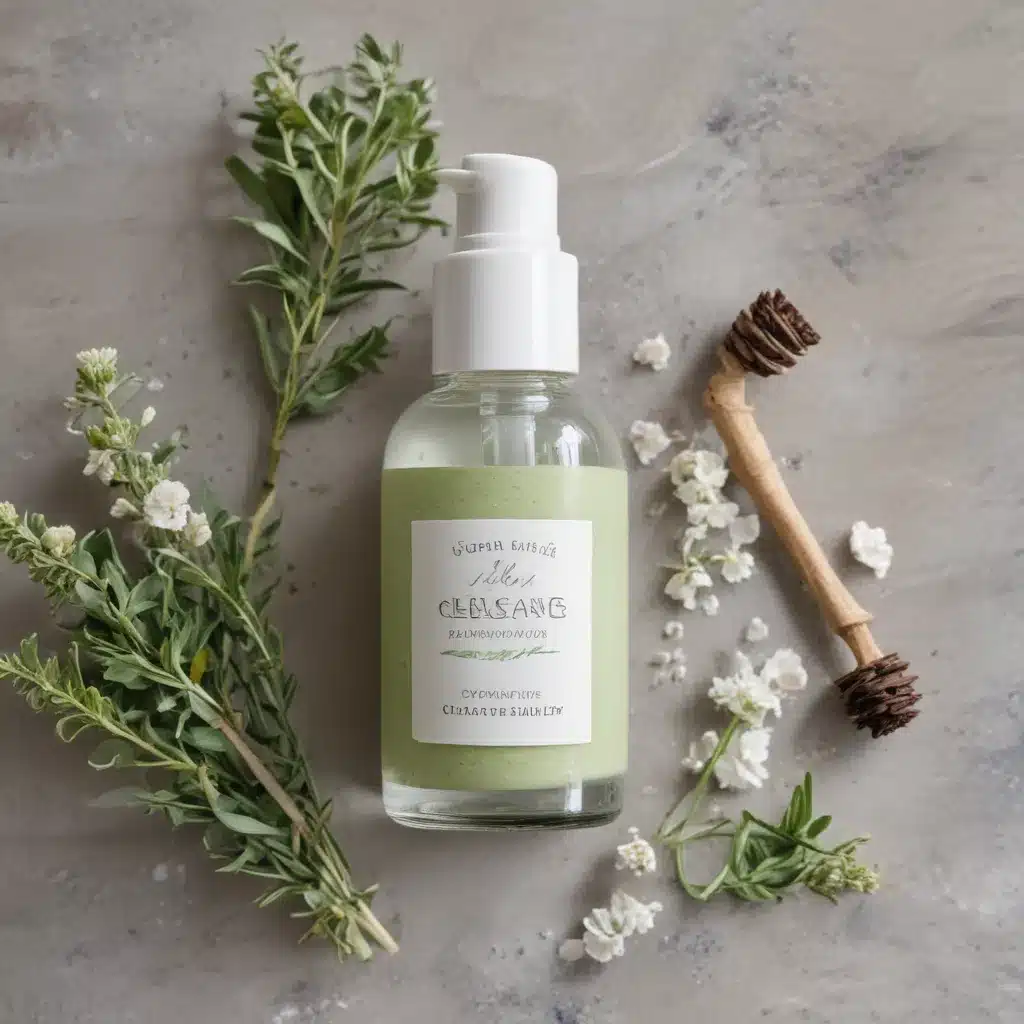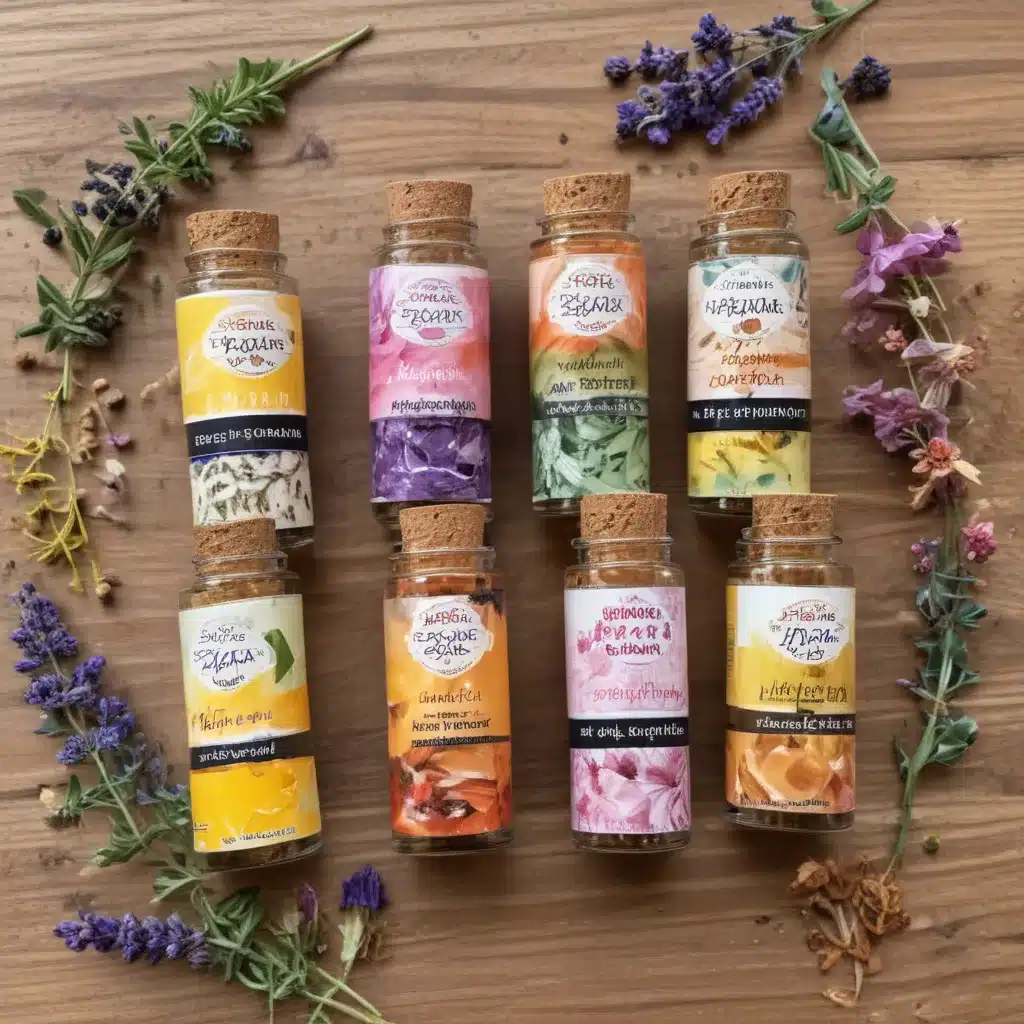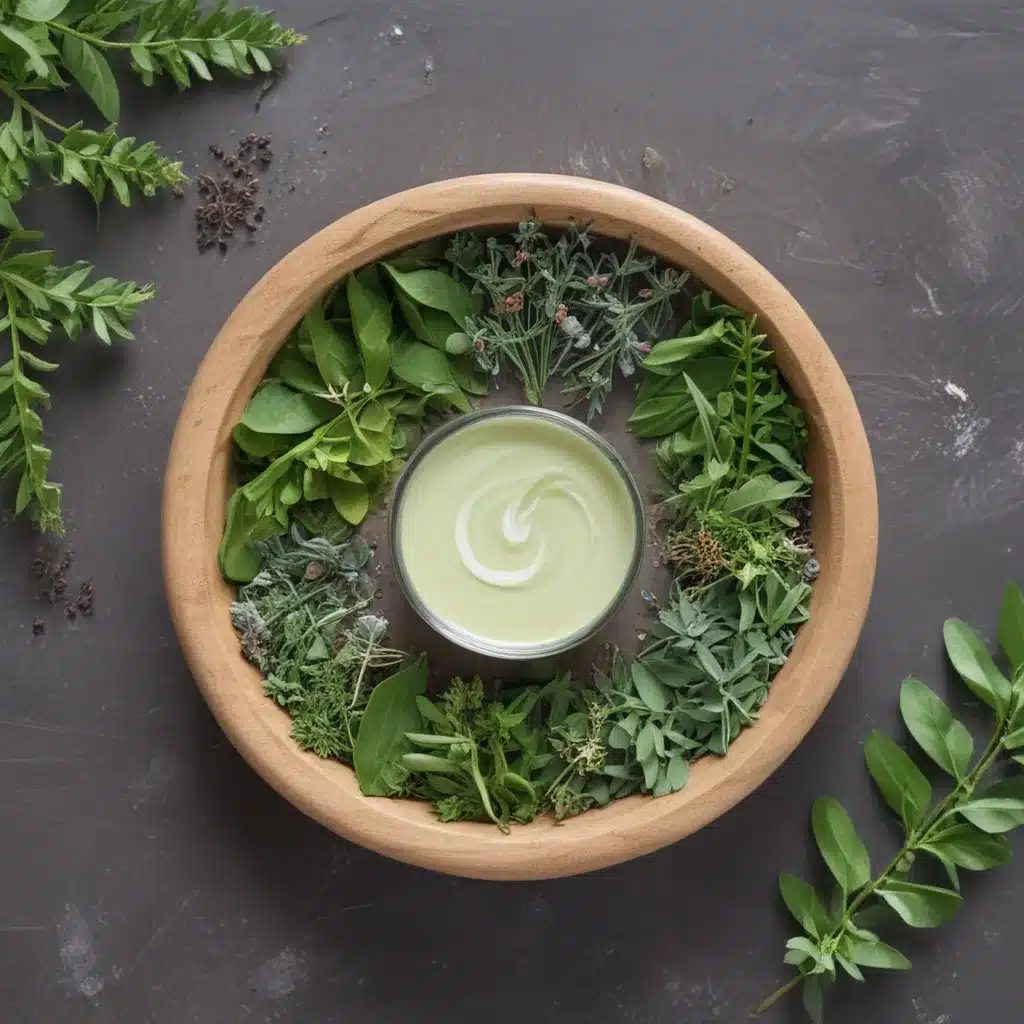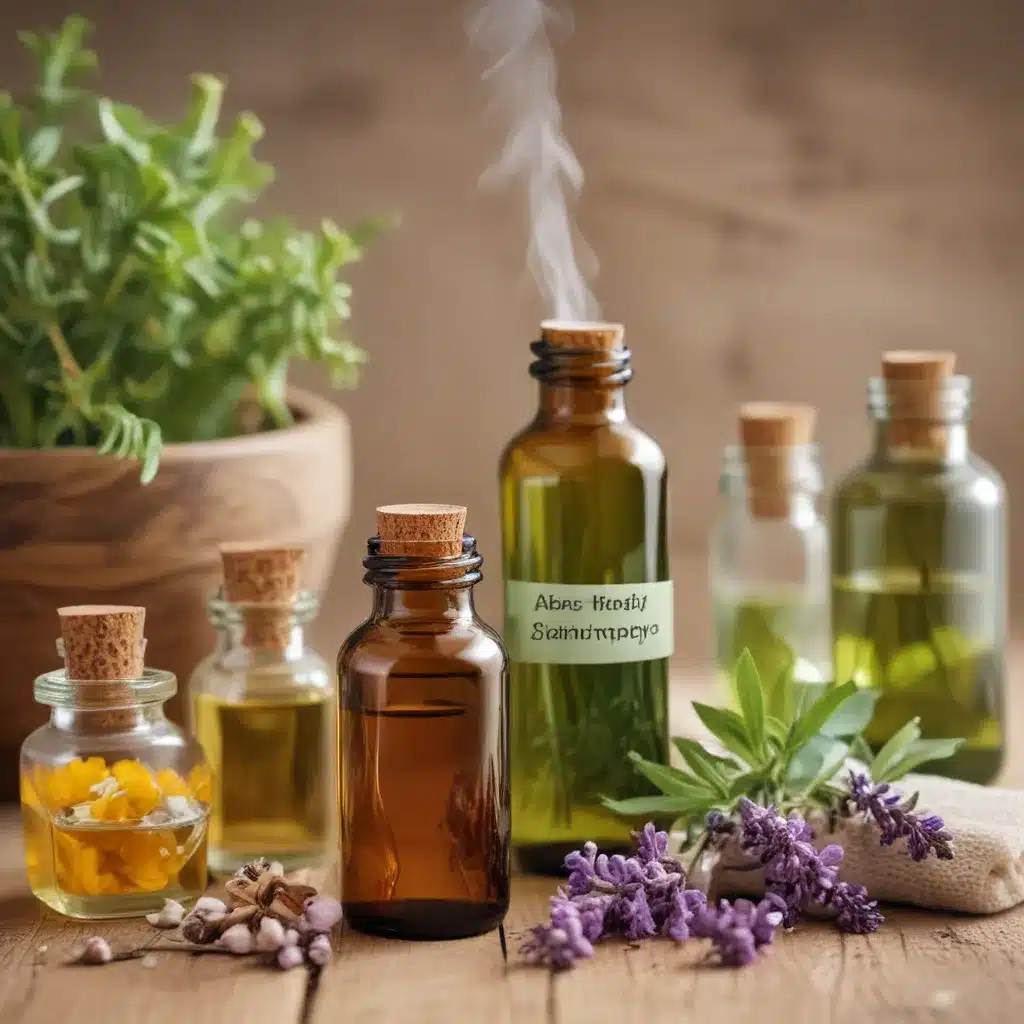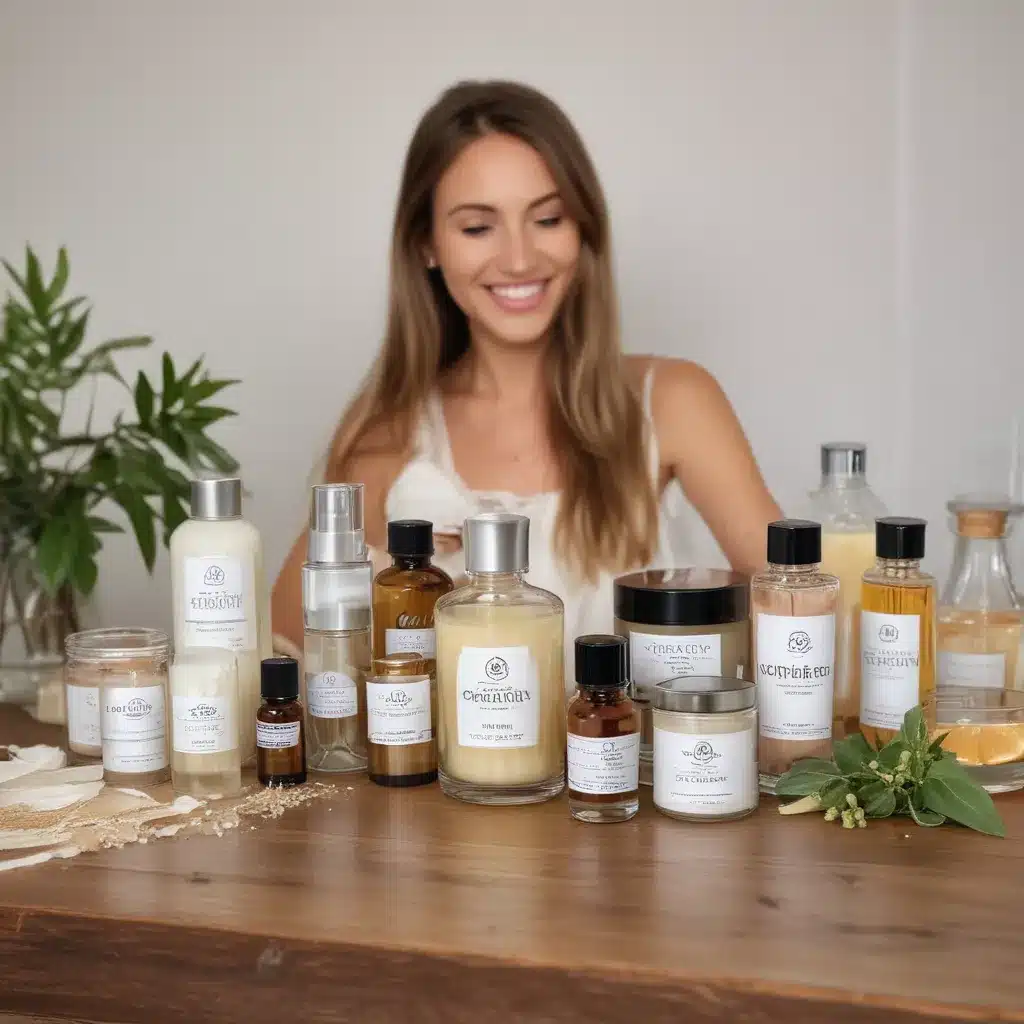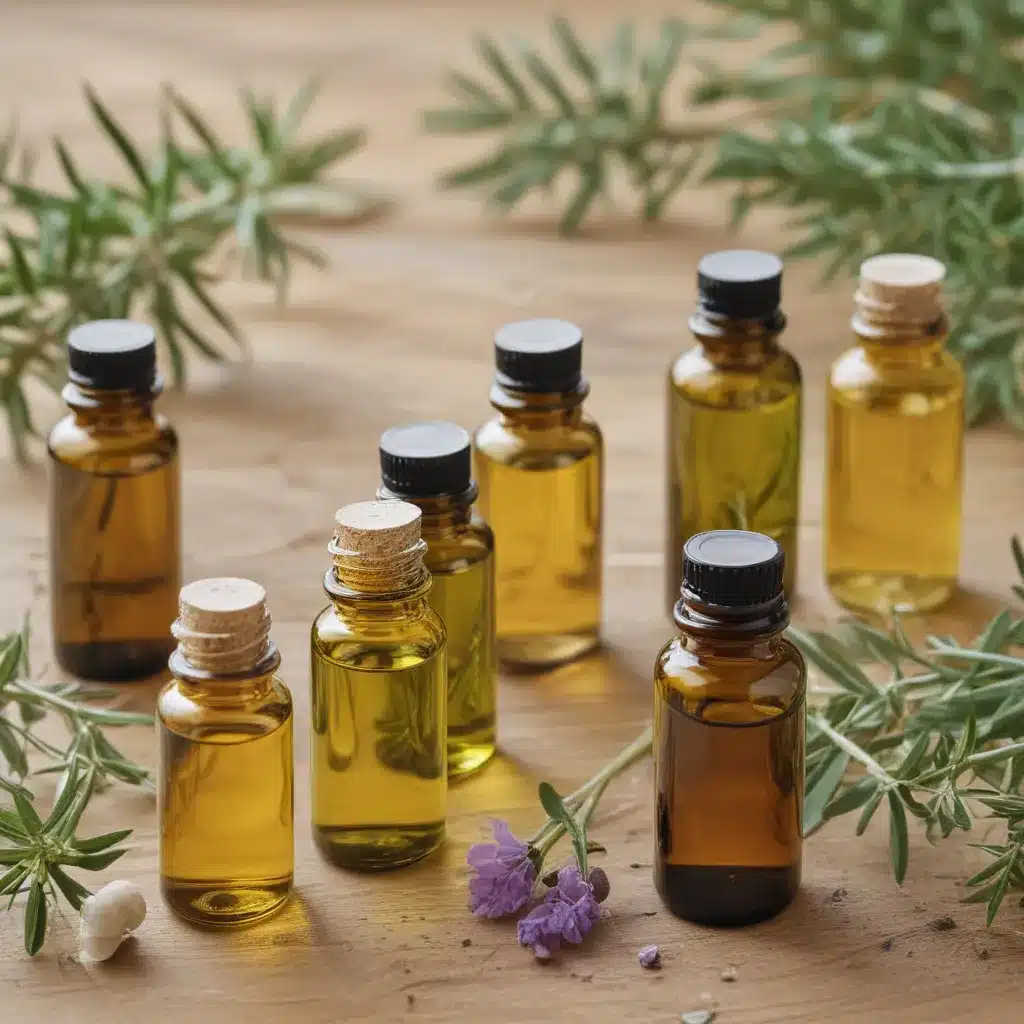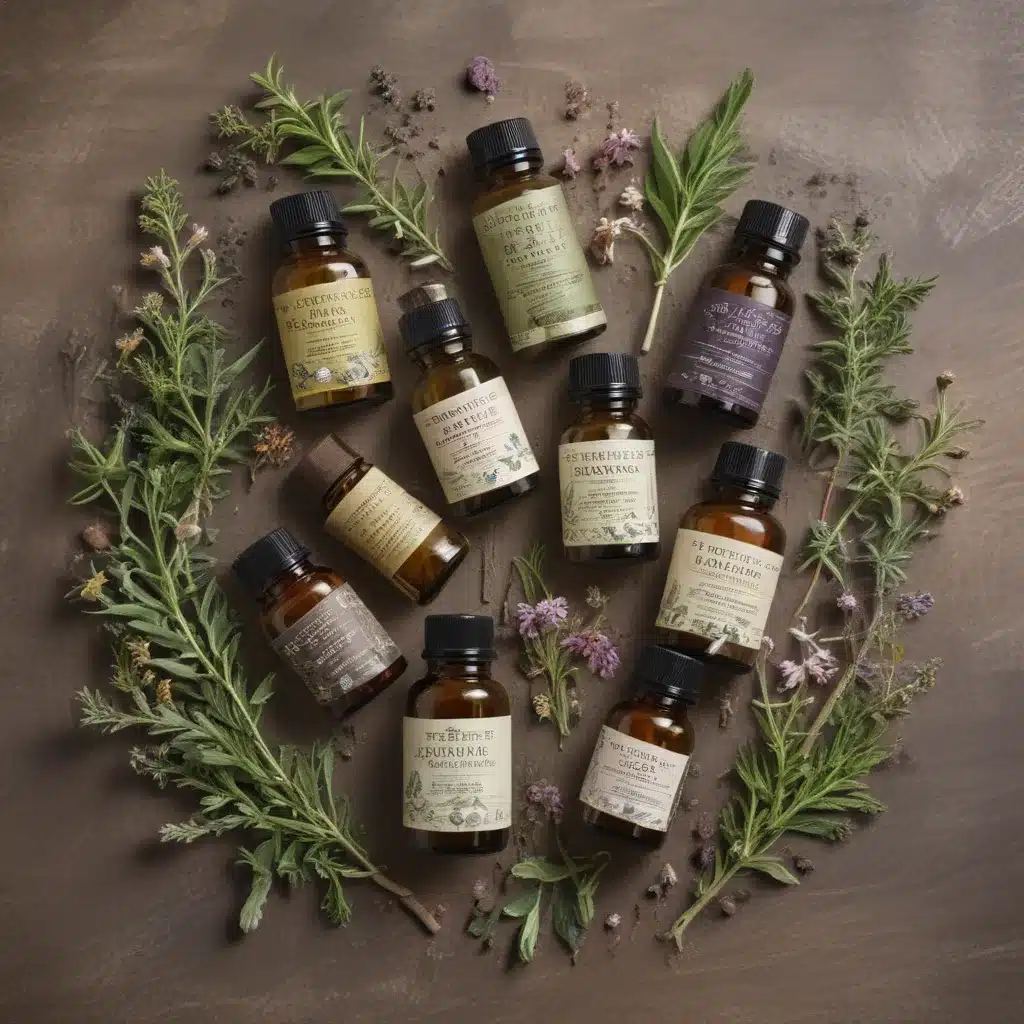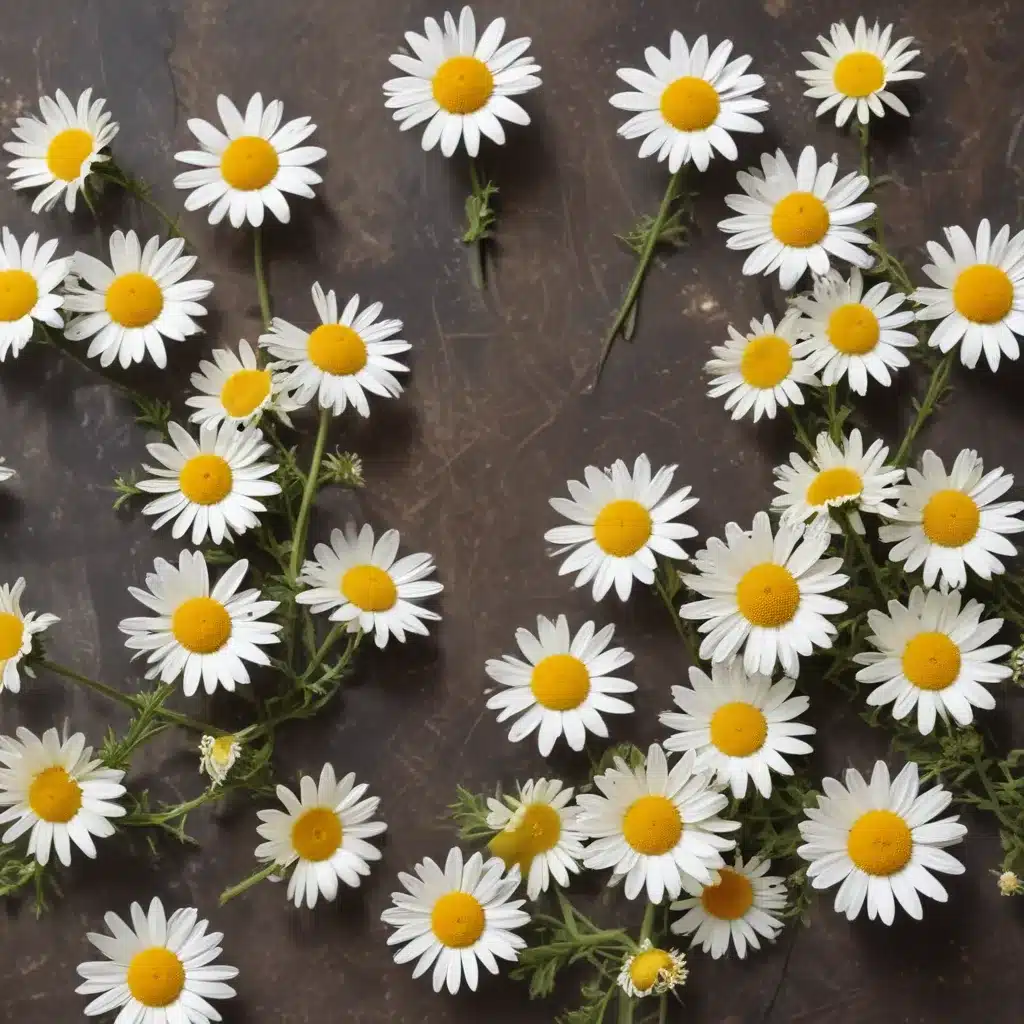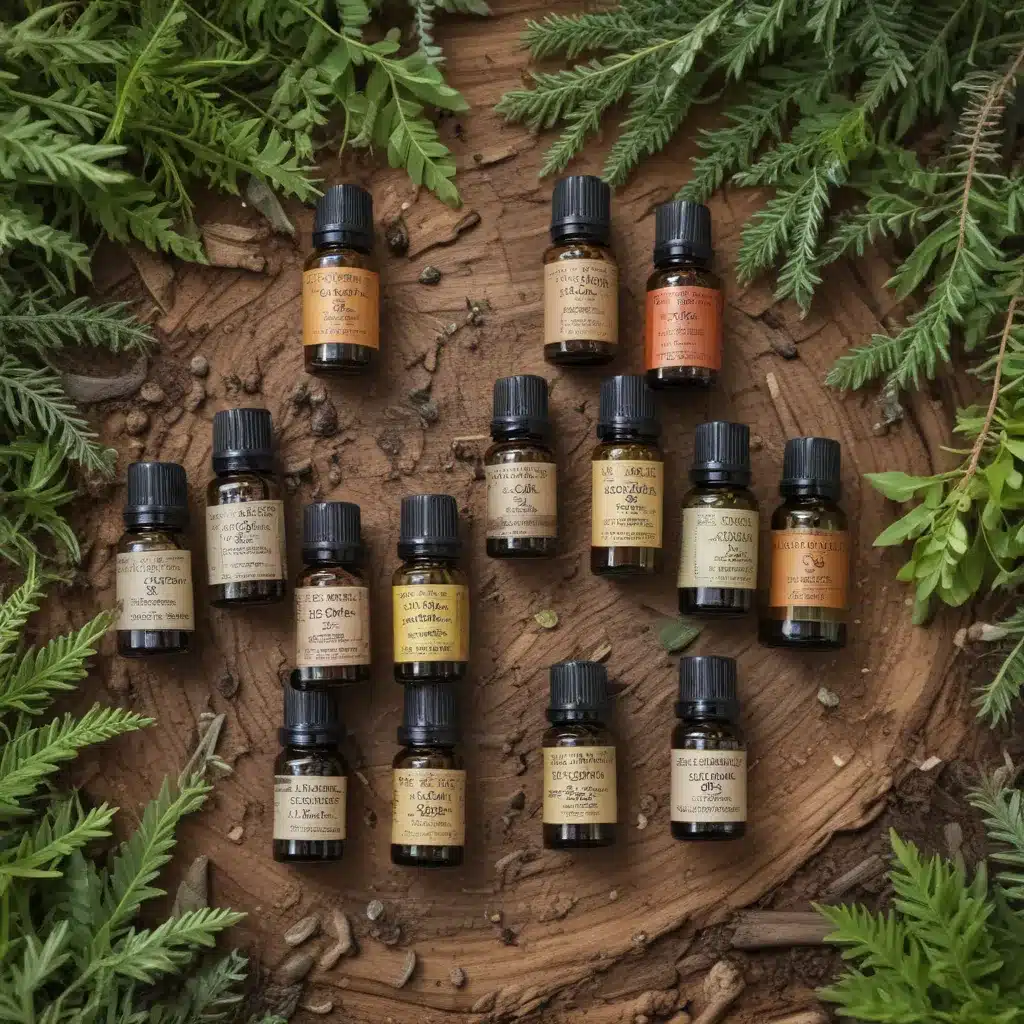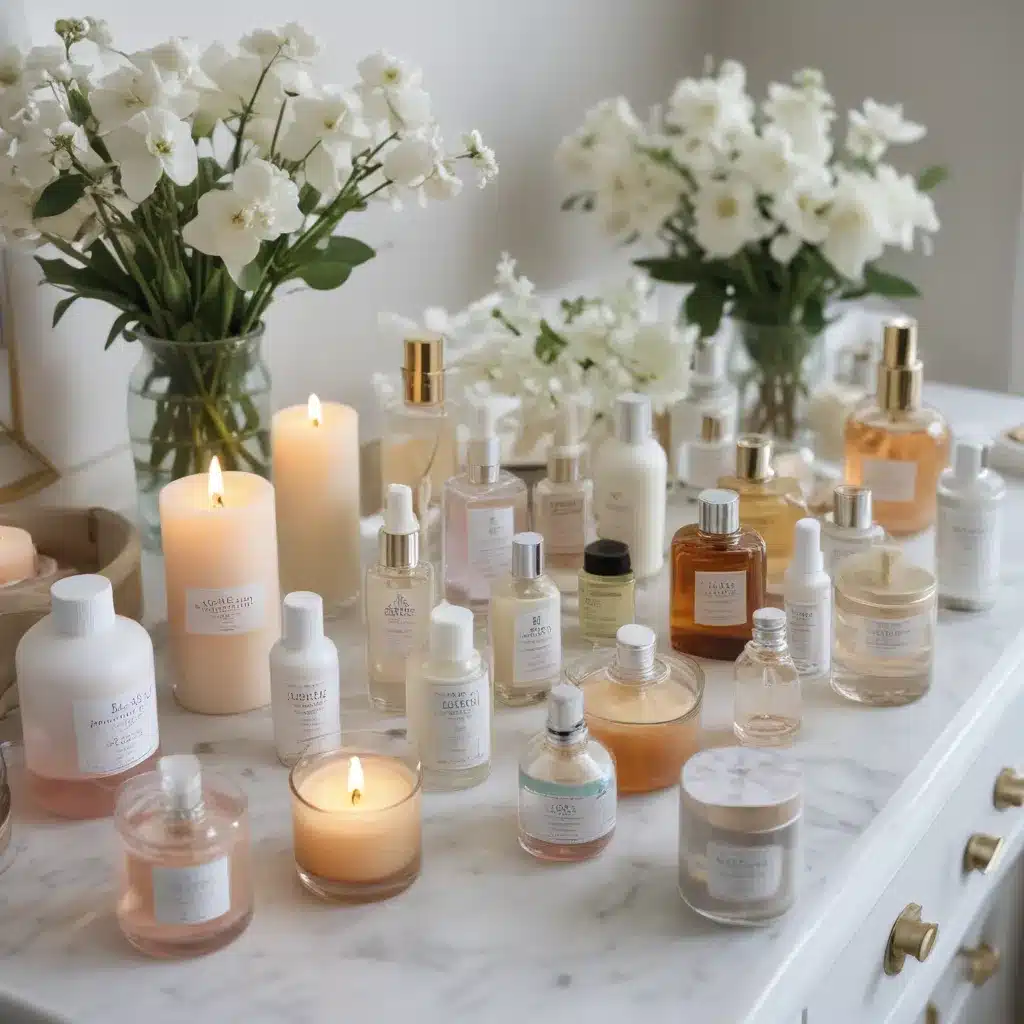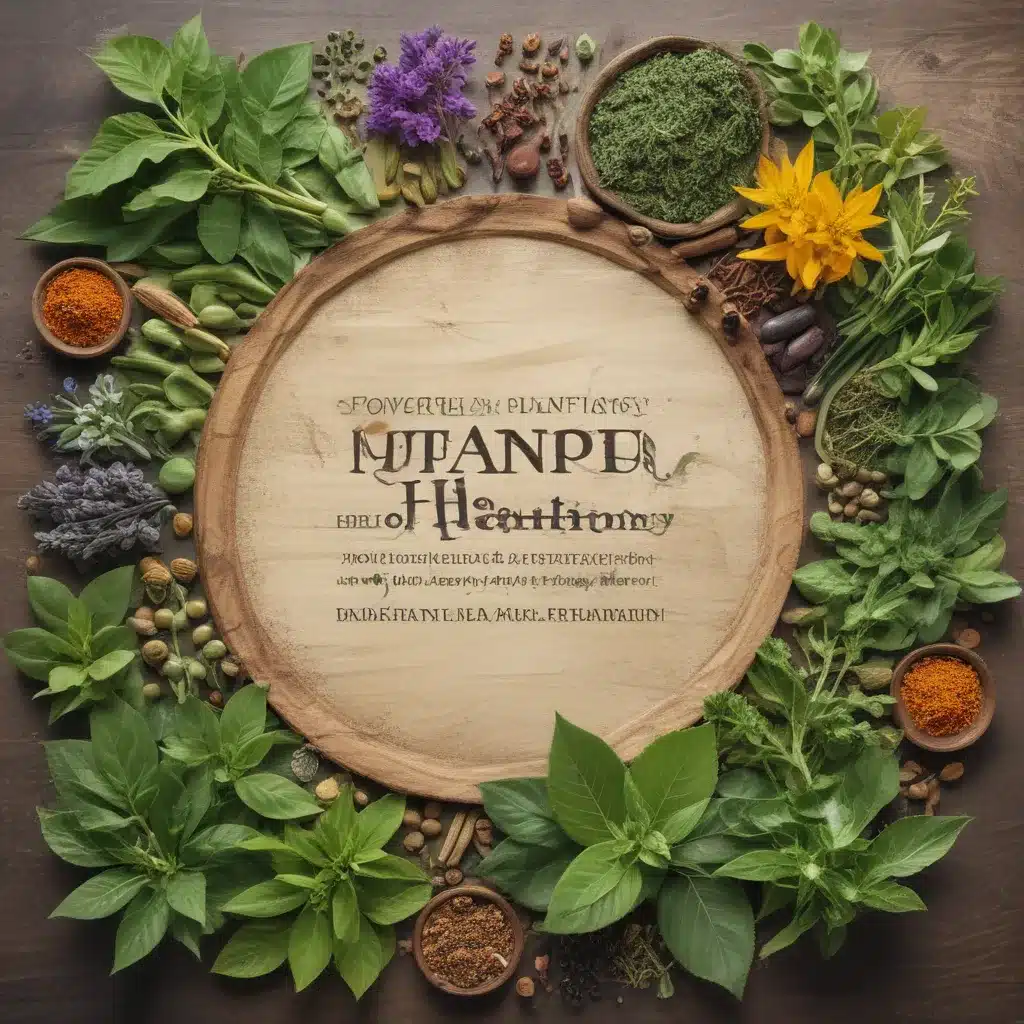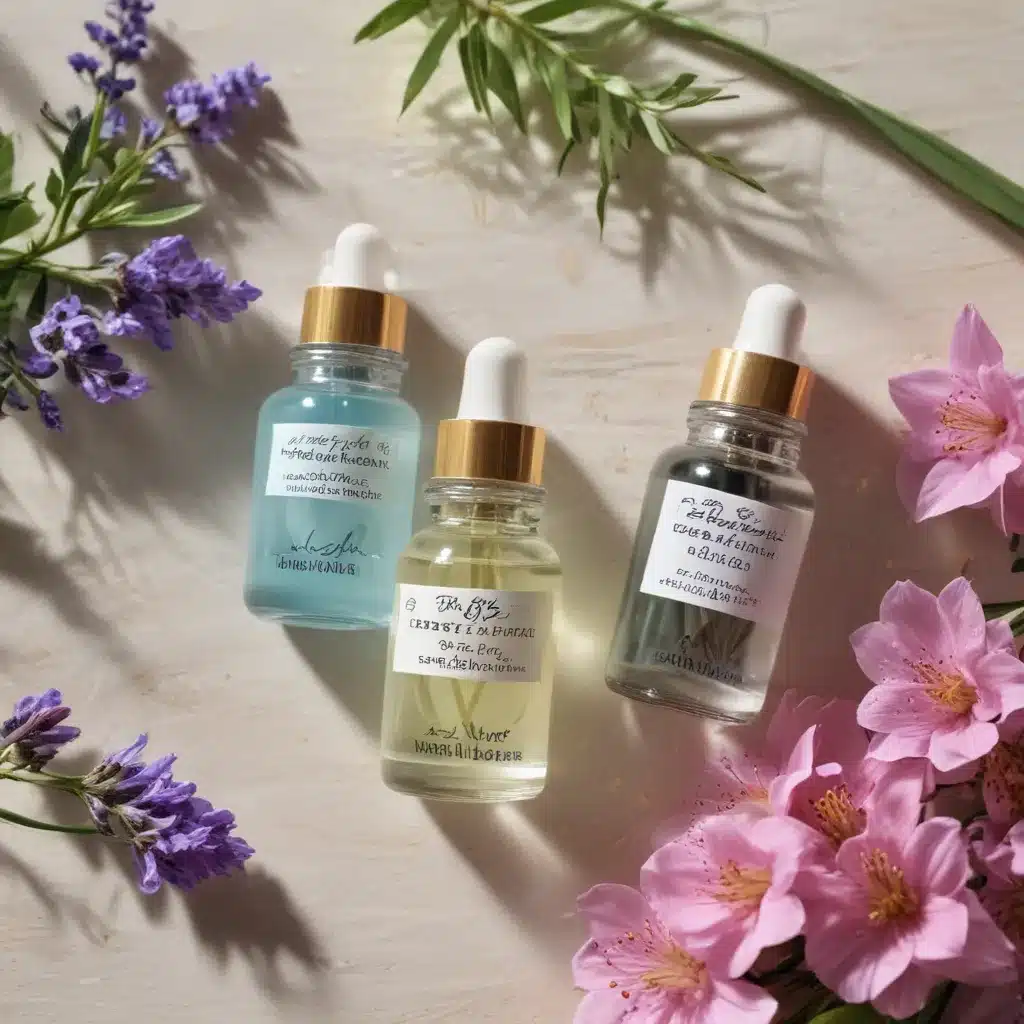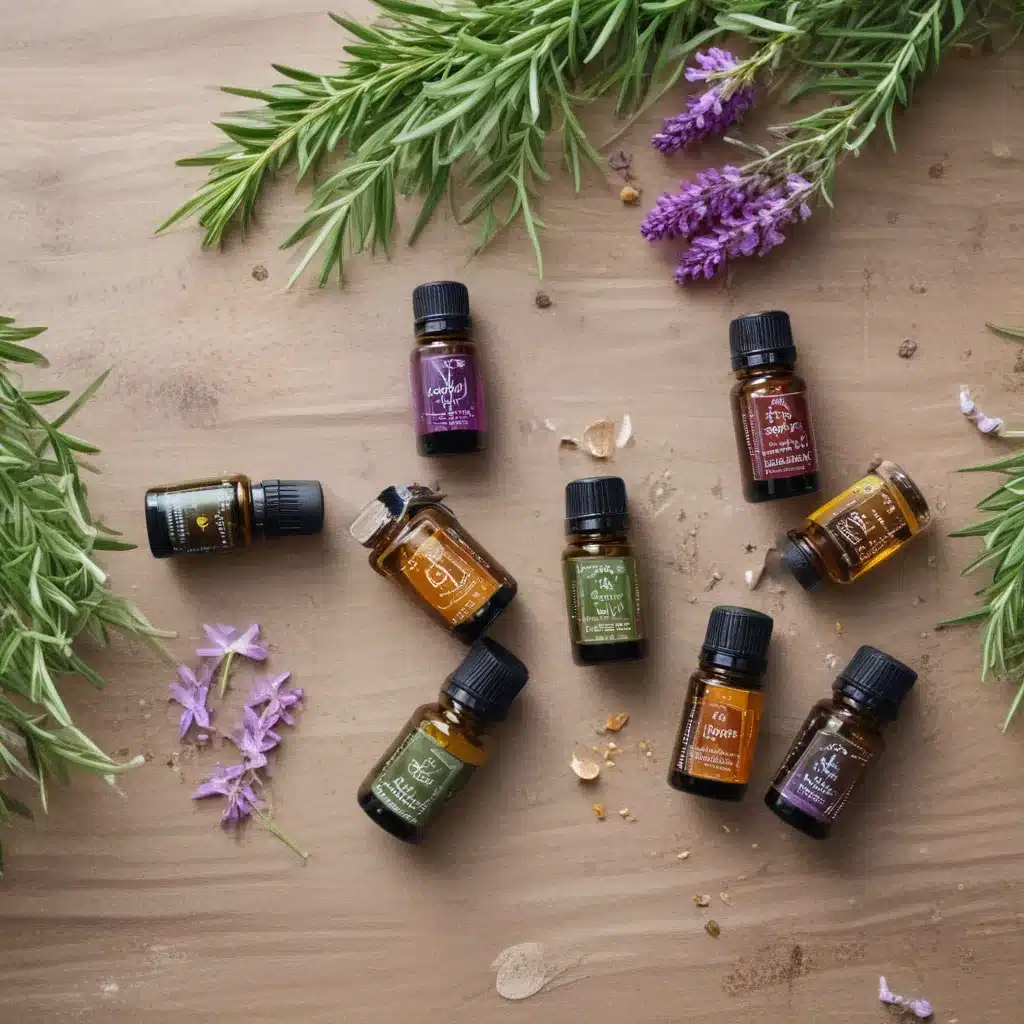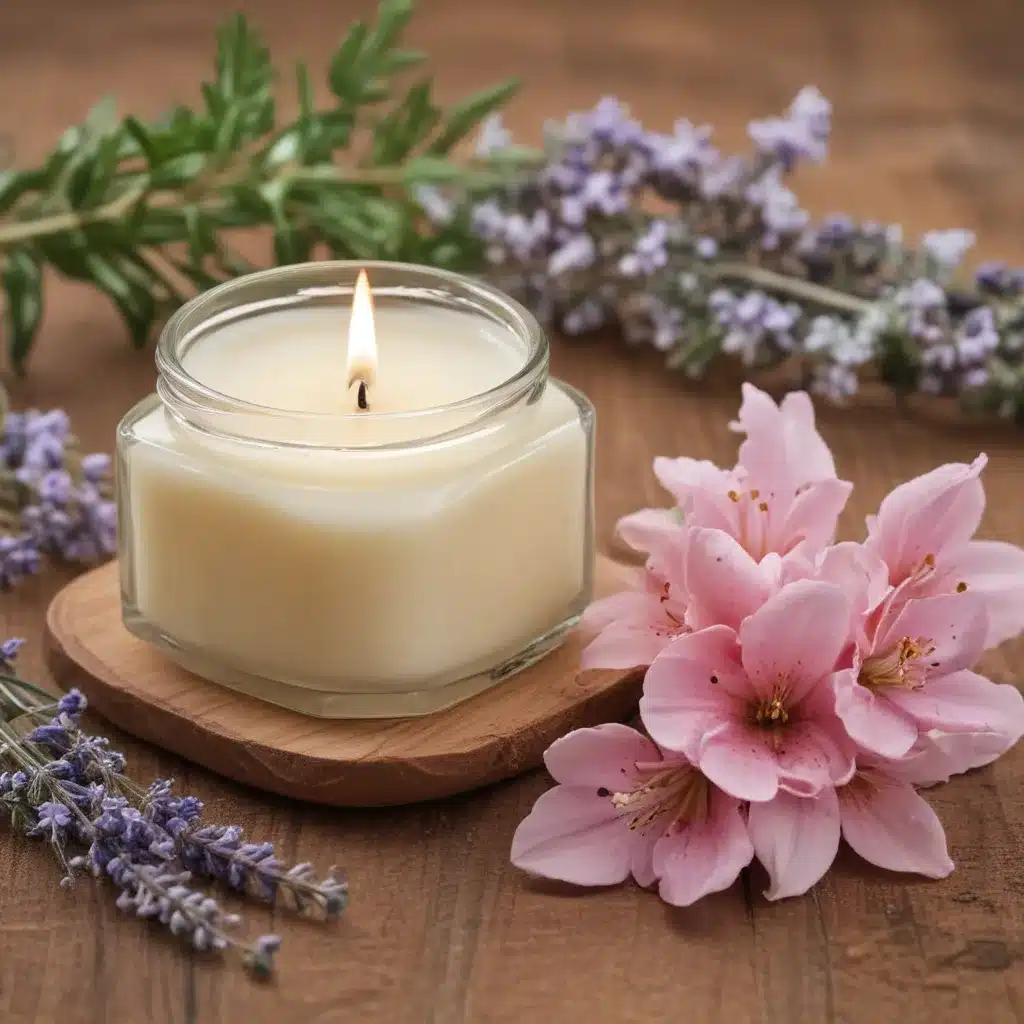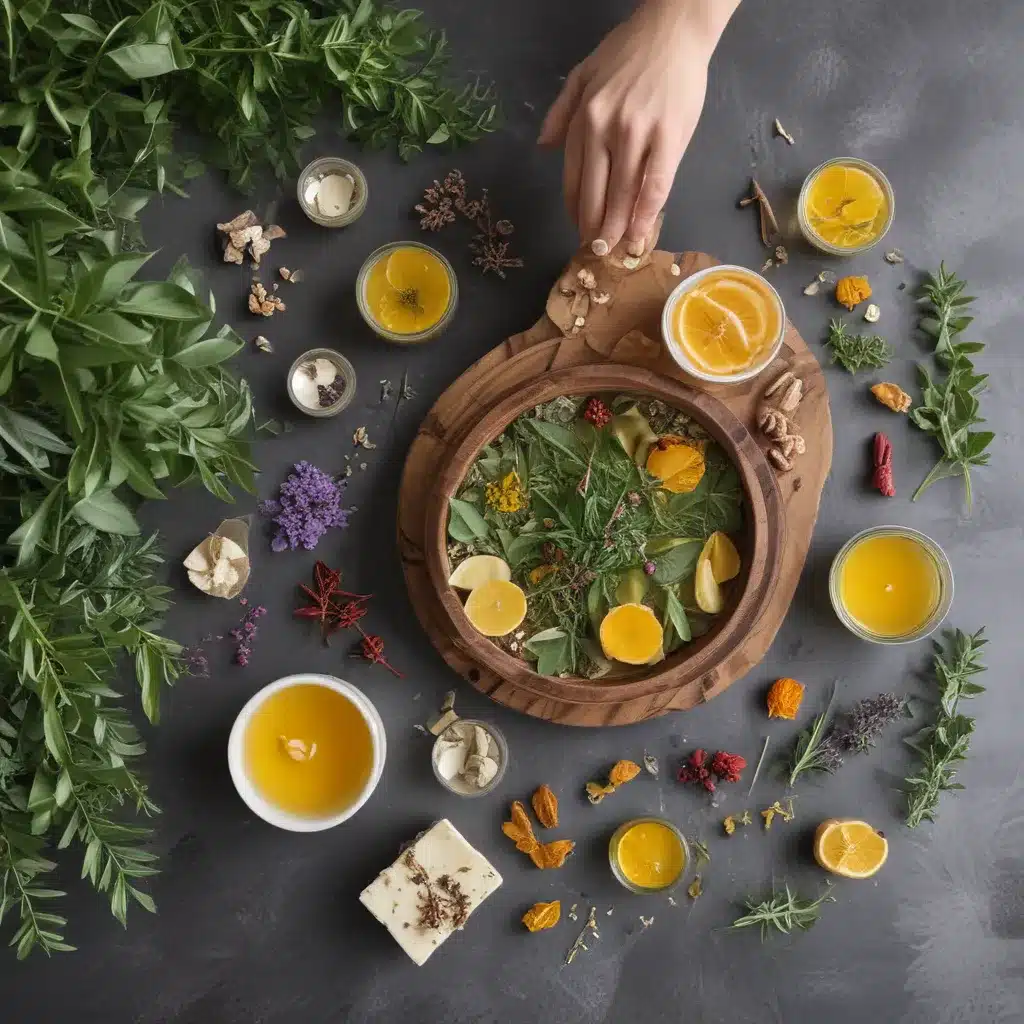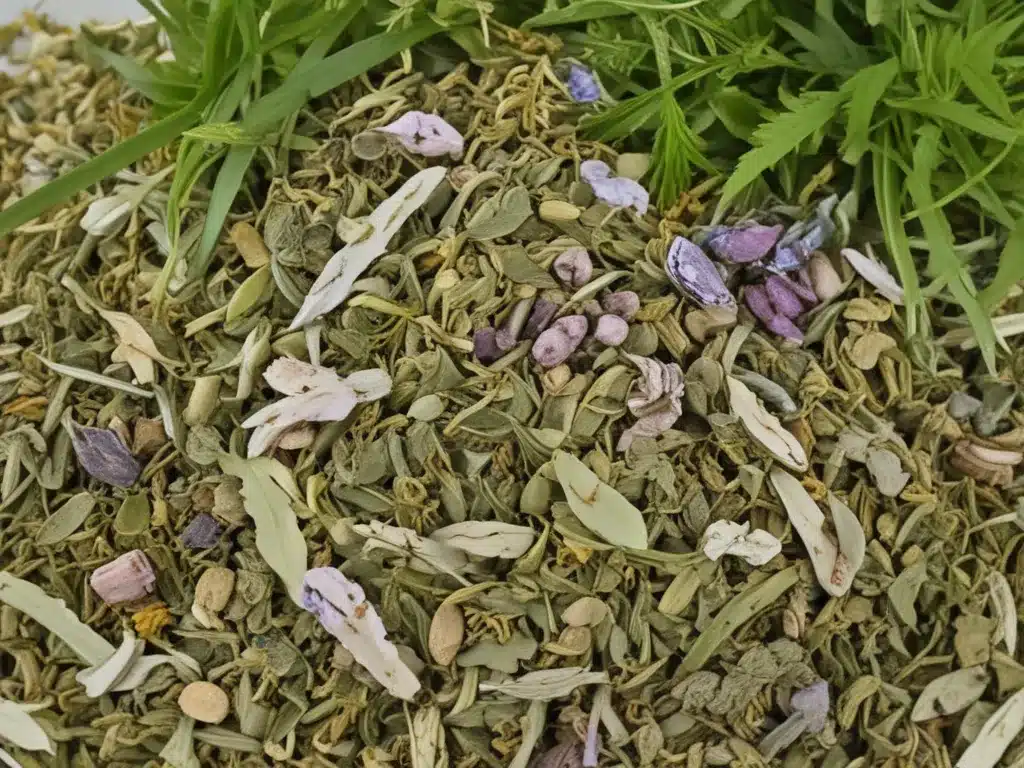
Understanding Stress and Anxiety
In today’s fast-paced world, stress and anxiety have become all too common. Stress is the body’s natural response to perceived threats or challenges, triggering the release of hormones like cortisol and adrenaline. While short-term stress can be beneficial, helping us stay alert and focused, chronic stress can lead to a host of physical and mental health issues. Anxiety, on the other hand, is characterized by persistent feelings of worry, fear, and unease that can interfere with daily life.
Many factors contribute to stress and anxiety, including work pressures, financial concerns, relationship issues, and health problems. Additionally, our modern lifestyle, with its constant stimulation from technology and social media, can exacerbate these feelings. It’s essential to recognize the signs of stress and anxiety, such as difficulty sleeping, irritability, muscle tension, and difficulty concentrating, and take steps to manage these symptoms.
Fortunately, there are many natural approaches to promoting inner calm and reducing stress and anxiety. One of the most promising avenues is the use of herbal extracts, which have been used for centuries in traditional medicine to support emotional well-being. In the following sections, we’ll explore some of the most effective herbal extracts for promoting relaxation, reducing anxiety, and fostering a sense of inner peace.
The Benefits of Herbal Extracts
Herbal extracts are concentrated forms of medicinal plants, containing the plant’s active compounds in a highly potent form. They are typically obtained through various extraction methods, such as alcohol extraction, water extraction, or CO2 extraction. The resulting extracts are then used to create supplements, tinctures, or added to foods and beverages.
One of the primary benefits of using herbal extracts is that they offer a natural alternative to prescription medications, which can often come with unwanted side effects. Many herbal extracts have been extensively studied for their calming properties, with research suggesting they can help reduce anxiety, promote relaxation, and improve sleep quality.
Another advantage of herbal extracts is their versatility. They can be used in a variety of ways, depending on personal preference and lifestyle. For example, some people may prefer to take herbal extracts in capsule form, while others may enjoy adding them to tea or smoothies. Herbal extracts can also be used in aromatherapy, with certain scents like lavender and chamomile known for their calming effects.
It’s important to note that while herbal extracts are generally considered safe, they can still interact with certain medications and may not be suitable for everyone. It’s always best to consult with a healthcare professional before starting any new supplement regimen, especially if you have pre-existing health conditions or are taking prescription medications.
Top Herbal Extracts for Stress and Anxiety Relief
1. Ashwagandha
Ashwagandha (Withania somnifera) is an adaptogenic herb that has been used in Ayurvedic medicine for centuries. Adaptogens are a class of herbs that help the body adapt to stress by regulating the production of stress hormones like cortisol. Studies have shown that ashwagandha can significantly reduce stress and anxiety levels, as well as improve sleep quality.
One study published in the Journal of Alternative and Complementary Medicine found that participants who took ashwagandha extract for 60 days experienced a significant reduction in anxiety scores compared to those who took a placebo. Another study published in the Indian Journal of Psychological Medicine found that ashwagandha was effective in reducing stress and anxiety in adults with a history of chronic stress.
Ashwagandha is available in various forms, including capsules, powders, and tinctures. It can also be consumed as a tea or added to smoothies and other beverages.
2. Chamomile
Chamomile (Matricaria chamomilla) is a popular herb known for its calming properties. It contains an antioxidant called apigenin, which binds to benzodiazepine receptors in the brain, producing a mild sedative effect. Chamomile has been shown to reduce anxiety and promote relaxation, making it an excellent choice for those dealing with stress-related issues.
A study published in the Journal of Clinical Psychopharmacology found that chamomile extract was effective in reducing symptoms of generalized anxiety disorder (GAD). Participants who took chamomile extract for eight weeks experienced a significant reduction in anxiety symptoms compared to those who took a placebo.
Chamomile is most commonly consumed as a tea, but it is also available in capsule and tincture form. It’s important to note that while chamomile is generally considered safe, it may cause allergic reactions in some people, particularly those with allergies to ragweed or other plants in the daisy family.
3. Valerian Root
Valerian root (Valeriana officinalis) is a popular herbal remedy for insomnia and anxiety. It contains compounds called valerenic acids, which have been shown to increase levels of gamma-aminobutyric acid (GABA) in the brain. GABA is a neurotransmitter that helps regulate mood and promote relaxation.
A study published in the Journal of Clinical Pharmacy and Therapeutics found that valerian root extract was effective in reducing anxiety symptoms in patients with generalized anxiety disorder. Participants who took valerian root extract for four weeks experienced a significant reduction in anxiety scores compared to those who took a placebo.
Valerian root is available in various forms, including capsules, tinctures, and teas. It’s important to note that while valerian root is generally considered safe, it may cause side effects like headaches, dizziness, and gastrointestinal issues in some people.
4. Lemon Balm
Lemon balm (Melissa officinalis) is a member of the mint family known for its calming properties. It contains compounds called terpenes, which have been shown to reduce stress and anxiety by interacting with GABA receptors in the brain.
A study published in the journal Phytotherapy Research found that lemon balm extract was effective in reducing symptoms of anxiety and insomnia. Participants who took lemon balm extract for 15 days experienced a significant improvement in sleep quality and a reduction in anxiety symptoms compared to those who took a placebo.
Lemon balm is available in various forms, including capsules, tinctures, and teas. It can also be consumed fresh or dried and added to salads, soups, and other dishes.
5. Passionflower
Passionflower (Passiflora incarnata) is a climbing vine native to the southeastern United States. It has been used for centuries in traditional medicine to treat anxiety, insomnia, and other nervous system disorders. Passionflower contains compounds called flavonoids, which have been shown to interact with GABA receptors in the brain, producing a calming effect.
A study published in the Journal of Clinical Pharmacy and Therapeutics found that passionflower extract was as effective as the prescription drug oxazepam in reducing symptoms of generalized anxiety disorder. Participants who took passionflower extract for four weeks experienced a significant reduction in anxiety symptoms, with fewer side effects than those who took oxazepam.
Passionflower is available in various forms, including capsules, tinctures, and teas. It’s important to note that while passionflower is generally considered safe, it may cause side effects like drowsiness, dizziness, and confusion in some people.
Incorporating Herbal Extracts into Your Routine
Incorporating herbal extracts into your daily routine can be a simple and effective way to promote inner calm and reduce stress and anxiety. Here are some tips for getting started:
-
Choose the right herb(s) for your needs: Consider your specific symptoms and goals when selecting herbal extracts. If you’re primarily dealing with anxiety, herbs like ashwagandha and passionflower may be most effective, while if you’re struggling with insomnia, valerian root and chamomile may be better choices.
-
Start with a low dose: When trying a new herbal extract, it’s always best to start with the lowest recommended dose and gradually increase as needed. This can help minimize the risk of side effects and allow you to gauge your individual response.
-
Be consistent: Herbal extracts work best when taken consistently over time. Aim to take your chosen herb(s) at the same time each day, and don’t skip doses if possible.
-
Combine with other stress-reducing practices: While herbal extracts can be a powerful tool for promoting relaxation, they work best when combined with other stress-reducing practices like regular exercise, mindfulness meditation, and a healthy diet.
-
Consult with a healthcare professional: If you have pre-existing health conditions or are taking prescription medications, it’s important to consult with a healthcare professional before starting any new supplement regimen. They can help you determine which herbs are safe and appropriate for your individual needs.
Real-Life Examples and Success Stories
To illustrate the potential benefits of herbal extracts for stress and anxiety relief, let’s take a look at some real-life examples and success stories.
Sarah, a 35-year-old marketing executive, had been struggling with chronic stress and anxiety for years. She had tried various prescription medications but found that they often left her feeling groggy and disconnected. After doing some research on natural alternatives, Sarah decided to try ashwagandha extract. She started with a low dose of 300mg per day and gradually increased to 600mg over the course of several weeks. Within a month, Sarah noticed a significant improvement in her stress levels and overall sense of well-being. She felt more focused and productive at work, and her anxiety symptoms had diminished considerably.
Another success story comes from Michael, a 42-year-old teacher who had been dealing with insomnia for months. He had tried various over-the-counter sleep aids but found that they often left him feeling groggy and unrefreshed in the morning. On the recommendation of a friend, Michael decided to try valerian root extract. He started with a dose of 500mg taken 30 minutes before bedtime and found that he was able to fall asleep more easily and stay asleep throughout the night. After a few weeks of consistent use, Michael’s sleep quality had improved significantly, and he was feeling more energized and focused during the day.
These stories illustrate the potential benefits of herbal extracts for promoting relaxation, reducing anxiety, and improving sleep quality. While individual results may vary, many people have found success using these natural remedies as part of a holistic approach to stress management.
Conclusion
In today’s fast-paced world, stress and anxiety are all too common. While prescription medications can be effective for some people, they often come with unwanted side effects and may not address the underlying causes of stress and anxiety. Herbal extracts offer a natural alternative, with many herbs like ashwagandha, chamomile, and valerian root showing promise for reducing anxiety and promoting relaxation.
If you’re interested in trying herbal extracts for stress and anxiety relief, it’s important to do your research, start with a low dose, and be consistent with your usage. Combining herbal extracts with other stress-reducing practices like exercise, mindfulness, and a healthy diet can also help maximize their benefits.
Remember, while herbal extracts are generally considered safe, they can still interact with certain medications and may not be suitable for everyone. If you have pre-existing health conditions or are taking prescription medications, be sure to consult with a healthcare professional before starting any new supplement regimen.
With the right approach and a commitment to self-care, herbal extracts can be a powerful tool for promoting inner calm and emotional well-being. Whether you’re dealing with chronic stress, anxiety, or simply looking to promote relaxation, these natural remedies are definitely worth considering.


